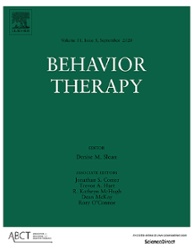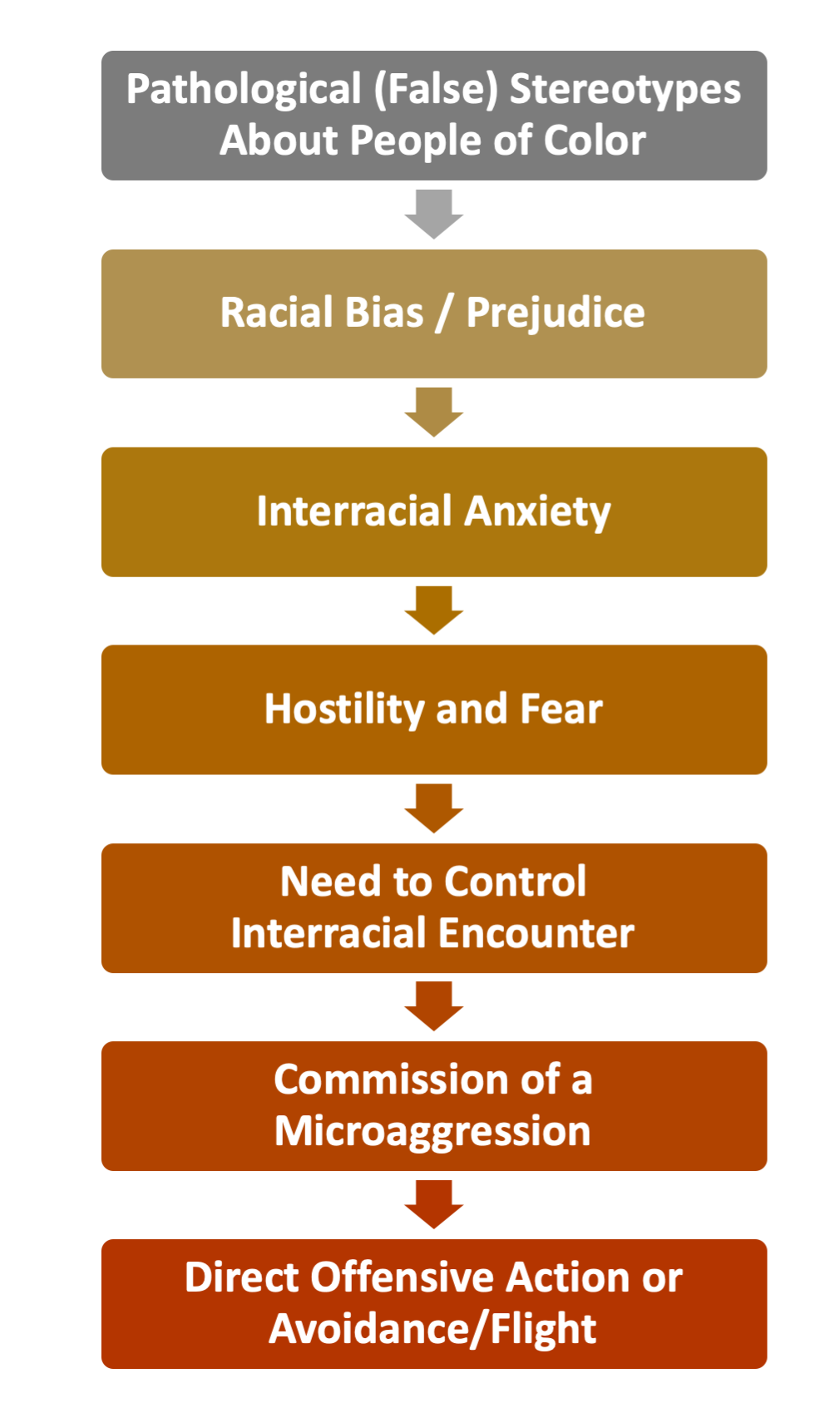Microaggressions Research
Microaggressions Are Aggressive
New study suggests microaggressions represent aggression and hostility on the part of offenders and a form of aggressive behavior that is generally socially unacceptable.

As blatant expressions of prejudice have declined over the past several years, increased attention has been paid to more subtle forms of discrimination. Racial microaggressions have been described by scholars as "brief, everyday exchanges that send denigrating messages to people of colour because they belong to a racial minority group" (Sue et al., 2017) and have been linked to numerous health problems within these groups.
While the research of racial microaggressions and their affect on group members has gained significant traction, little is known of the motivations and characteristics of offenders. In the absence of strong evidence, some believed microaggressions were generally committed unintentionally or unconsciously, thus playing down the responsibility of offenders and undervaluing victims’ experiences (Haidt, 2017; Lilienfeld, 2017).
Our lab, therefore, undertook a new study aimed at determining if racial microaggressions are best conceptualized as a form of aggression. The cross-sectional study, published in Behavior Therapy, involved 610 White and Black adults from across the United States and included a number of measures to assess individuals’ likelihood of engaging in racial microaggressions, overt and covert hostile thinking and behaviour, as well as aggression. The likelihood of committing microaggressions was positively correlated to several measures of aggression and hostility. Results suggest microaggressions represent a discrete form of subtle interpersonal aggression. This type of aggression can include relational aggression, put-downs, patronizing behaviors, ostracization, and avoidance.
Featured Article
Williams, M. T. (2020). Microaggressions are a Form of Aggression. Behavior Therapy. Advance online. Doi: 10.1016/j.beth.2020.09.001
Related Articles
Williams, M. T., Kanter, J. W., & Ching, T. H. W. (2018). Anxiety, stress, and trauma symptoms in African Americans: Negative affectivity does not explain the relationship between microaggressions and psychopathology. Journal of Racial and Ethnic Health Disparities, 5(5), 919–927. doi: 10.1007/s40615-017-0440-3
Michaels, T. I., Gallagher, N., Crawford, M., Kanter, J. W., & Williams, M. T. (2018). Racial differences in the appraisal of microaggressions through cultural consensus modeling. The Behavior Therapist, 41(7), 314-321.
References Cited
Haidt, J. (2017). The unwisest idea on campus: Commentary on Lilienfeld (2017). Perspectives on Psychological Science, 12(1), 176–177. Doi: 10.1177/1745691616667050
Lilienfeld, S. (2017). Microaggressions: Strong claims, inadequate evidence. Perspectives on Psychological Science, 12(1), 138–169. Doi: 10.1177/1745691616659391
Sue, D., Capodilupo, C., Torino, G., Bucceri, J., Holder, A., Nadal, K., & Esquilin, M. (2007). Racial Microaggressions in everyday life: Implications for clinical practice. The American Psychologist, 62(4), 271–286. Doi: 10.1037/0003-066X.62.4.271

New Article
Williams, M. T. (2020). Microaggressions are a Form of Aggression. Behavior Therapy. Advance online. doi: 10.1016/j.beth.2020.09.001
Although it has previously been assumed that microaggressions are largely unintentional, the evidence does not support this theory. On the contrary, this study suggests that racial microaggressions are a deliberate assertion of dominance, motivated by underlying bias and desire for control. Those who are prone to commit microaggressions are higher in aggressive tendencies which is not explained by negative affect.
